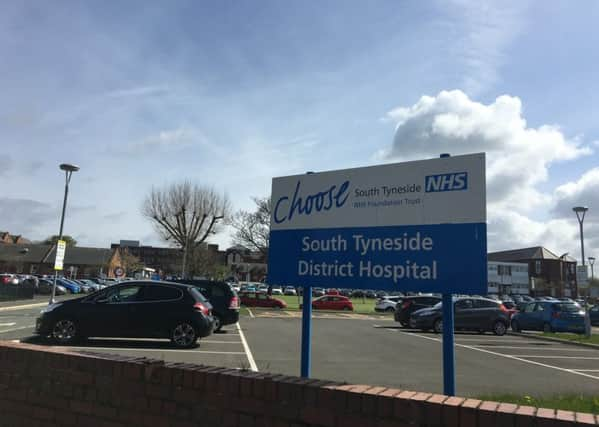Stroke service changes ‘improve care’ for South Tyneside patients


The overhaul, which was introduced as part of the first phase of the controversial Path to Excellence scheme, which saw stroke treatment moved out of the borough to Sunderland Royal Hospital.
The measures, a meeting heard, have seen more people treated faster, on a dedicated stroke ward and with life saving drugs.


Advertisement
Hide AdAdvertisement
Hide AdDr David Hambleton, chief executive of South Tyneside Clinical Commissioning Group, told its governing body: “It’s difficult for the public to get their head around how, if you drive past your nearest hospital, and go to Sunderland you get better outcomes,”
“That’s counterintuitive to people.
“We know what the evidence says and that has been borne out, but it’s a tricky message for the public.”
He added: “Now we’re seeing it played out in South Tyneside and I hope this helps encourage people that centralising services is just the right thing to do because you will get better services and outcomes.”
Dr Hambleton was speaking at a meeting of South Tyneside CCG’s governing body.
Advertisement
Hide AdAdvertisement
Hide AdSince the changes were introduced, 70 per cent of stroke patients, from both Sunderland and South Tyneside, now receive scans within an hour, compared to just 41 and 22 per cent, respectively, before.
Patients from South Tyneside waited an average of 13 hours to see a specialist stroke consultant previously, but the wait has now been slashed to less than six hours.
And where before less than a tenth of people from the borough eligible for vital clot-busting thrombolysis drugs received the treatment, that has now been boosted to 85 per cent.
Matt Brown, director of operations at the CCG, said: “We have about 150 metrics which look at stroke care and every one will tell the same story – that patients in South Tyneside are getting better care.
Advertisement
Hide AdAdvertisement
Hide Ad“I know there’s some contention, but the stats are clear, fewer people are dying from stroke and fewer people are suffering a life changing injury.”
Concerns over staffing were one of the main drivers behind the first phase of the Path to Excellence changes and are also an important factor in phase two, which NHS chiefs have started work on.
Patrick Garner, programme manager on the project, told the meeting South Tyneside would need an extra 1,500 staff by 2025 if services continued to be delivered as they are.
James Harrison
James Harrison , Local Democracy Reporting Service